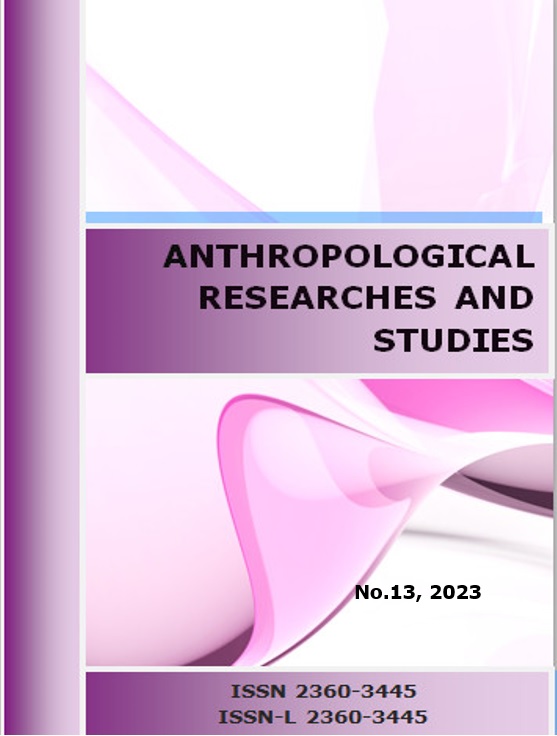INTRA AND INTERPARENTAL FACTORS INFLUENCING POST-DIVORCE CO-PARENTING
INTRA AND INTERPARENTAL FACTORS INFLUENCING POST-DIVORCE CO-PARENTING
Author(s): Claudia-Gabriela Dumitriu, Narcisa Prodan, Ana Maria TOMASubject(s): Behaviorism, Family and social welfare, Sociology of Law, Pedagogy
Published by: Institutul de Antropologie ,,Francisc I. Rainer” al Academiei Române
Keywords: divorce; co-parenting; cognitive schemas; conflict; coping;
Summary/Abstract: Objectives. The objective of this study was to determine how intraparental (i.e., cognitive schemas, parental competence, cognitive-emotional coping style) and interparental variables (i.e., family conflict, unfavorable conditions of divorce) influence post-divorce co-parenting through the relationship between parents after separation. Materials and methods. The study was conducted on a sample of 169 divorced or divorcing participants (84% females and 16% males), aged 24 to 61 years (M = 42.71, SD = 6.15). The following instruments were used to measure the research variables: the Divorce Adjustment Inventory Scale, the Young Schema Questionnaire - Version 3, the Parental Competence Questionnaire, the Cognitive Emotion Regulation Questionnaire, the Coparenting Relationships Scale, and the reasons for divorce were assessed in an exploratory manner. Results. Dysfunctional cognitive schemas were positively associated with dysfunctional coparenting behaviors and negatively associated with functional co-parenting behaviors. Participants who reported violence as a cause for divorce had significantly higher scores (M = 22.22) on the undermining (M = 22.22 vs. M = 10.17) and exposure (M = 21.66 vs. M = 10.20) dimensions of the dysfunctional co-parenting relationship compared to those who identified infidelity as a cause for divorce (M = 10.17). Conclusions. The quality of co-parental relationships may be influenced by maladaptive cognitive schemas and poorly developed parenting skills. Also, pre-divorce family interaction experiences and poor adjustment to divorce are associated with dysfunctional aspects of co-parental relationships that impact children post-divorce. Exploratory analyses indicate that training healthy, functional cognitive-emotional coping strategies and addressing maladaptive cognitive schemas can prevent engaging in abusive relationships.
Journal: Anthropological Researches and Studies
- Issue Year: 2023
- Issue No: 13
- Page Range: 12-34
- Page Count: 23
- Language: English

